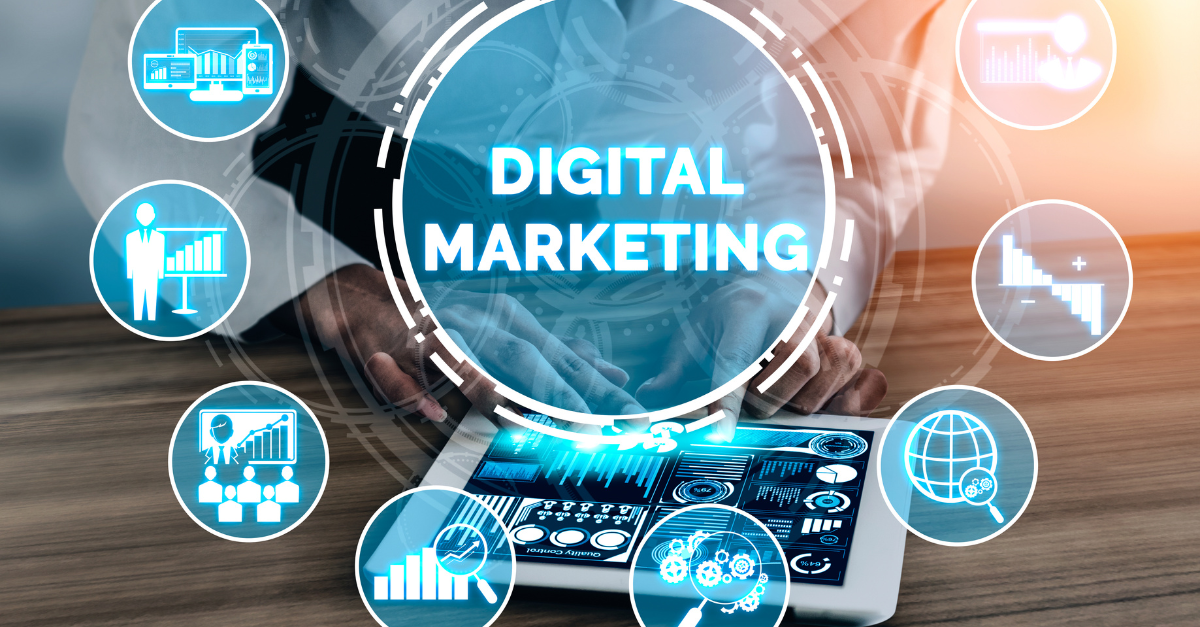The Comprehensive Guide to Digital Marketing Courses
In today’s technology-driven world, digital marketing has become an essential skill for businesses and individuals alike. As companies increasingly shift their marketing strategies from traditional to digital platforms, the demand for proficient digital marketers is on the rise. Whether you are a budding entrepreneur, a seasoned marketer looking to enhance your skills, or someone seeking a career change, enrolling in a digital marketing course can be a game-changer. This article explores the various facets of digital marketing courses, their benefits, and what you can expect to learn.
What is Digital Marketing?
Digital marketing refers to the use of digital channels, such as search engines, social media, email, and websites, to promote products and services. It encompasses a wide range of tactics and strategies aimed at reaching and engaging with consumers online. The key components of digital marketing include:
- Search Engine Optimization (SEO)
- Content Marketing
- Social Media Marketing
- Pay-Per-Click (PPC) Advertising
- Email Marketing
- Affiliate Marketing
- Influencer Marketing
- Analytics and Data Analysis
Why Take a Digital Marketing Course?
- High Demand for Digital Marketers: With the digital economy growing rapidly, there is a high demand for skilled digital marketers across industries.
- Career Advancement: Learning digital marketing can open doors to various career opportunities, from managing marketing campaigns to becoming a digital strategy consultant.
- Entrepreneurial Skills: For aspiring entrepreneurs, digital marketing skills are crucial for building and promoting their business online.
- Cost-Effective Marketing: Digital marketing is often more cost-effective than traditional marketing, making it a valuable skill for businesses looking to maximize their marketing budgets.
Key Components of a Digital Marketing Course
A comprehensive digital marketing course typically covers the following areas:
- Search Engine Optimization (SEO): Understanding how to optimize websites to rank higher in search engine results, driving organic traffic.
- Content Marketing: Learning how to create and distribute valuable content to attract and engage a target audience.
- Social Media Marketing: Mastering the art of promoting products and services through social media platforms like Facebook, Instagram, Twitter, and LinkedIn.
- Pay-Per-Click (PPC) Advertising: Understanding how to create effective PPC campaigns on platforms like Google Ads and Bing Ads.
- Email Marketing: Learning how to build and manage email campaigns to nurture leads and retain customers.
- Analytics: Gaining proficiency in using tools like Google Analytics to measure and analyze the performance of marketing campaigns.
Types of Digital Marketing Courses
- Online Courses: These are flexible and can be taken at your own pace. Platforms like Coursera, Udemy, and LinkedIn Learning offer a wide range of digital marketing courses.
- In-Person Workshops: These are typically more intensive and provide hands-on experience. They are ideal for individuals who prefer face-to-face learning and networking opportunities.
- University Programs: Many universities now offer digital marketing as part of their curriculum, either as a standalone course or as part of a business degree.
Choosing the Right Course
When selecting a digital marketing course, consider the following factors:
- Course Content: Ensure the course covers all the essential aspects of digital marketing you wish to learn.
- Instructor Expertise: Look for courses taught by experienced professionals with a proven track record in digital marketing.
- Certification: A certification from a reputable institution can add value to your resume and validate your skills.
- Reviews and Testimonials: Check reviews and testimonials from past students to gauge the effectiveness of the course.
Benefits of Certification
Obtaining a certification in digital marketing offers several benefits, including:
- Credibility: A certification from a recognized institution enhances your professional credibility.
- Competitive Edge: It gives you a competitive edge in the job market, demonstrating your commitment to professional growth.
- Networking Opportunities: Many courses provide access to a community of like-minded professionals, offering valuable networking opportunities.
As the digital landscape continues to evolve, staying updated with the latest digital marketing trends and techniques is crucial. A digital marketing course equips you with the knowledge and skills needed to navigate this dynamic field successfully. Whether you are looking to advance your career, start a new business, or simply enhance your marketing knowledge, investing in a digital marketing course is a step towards a brighter future in the digital age.



